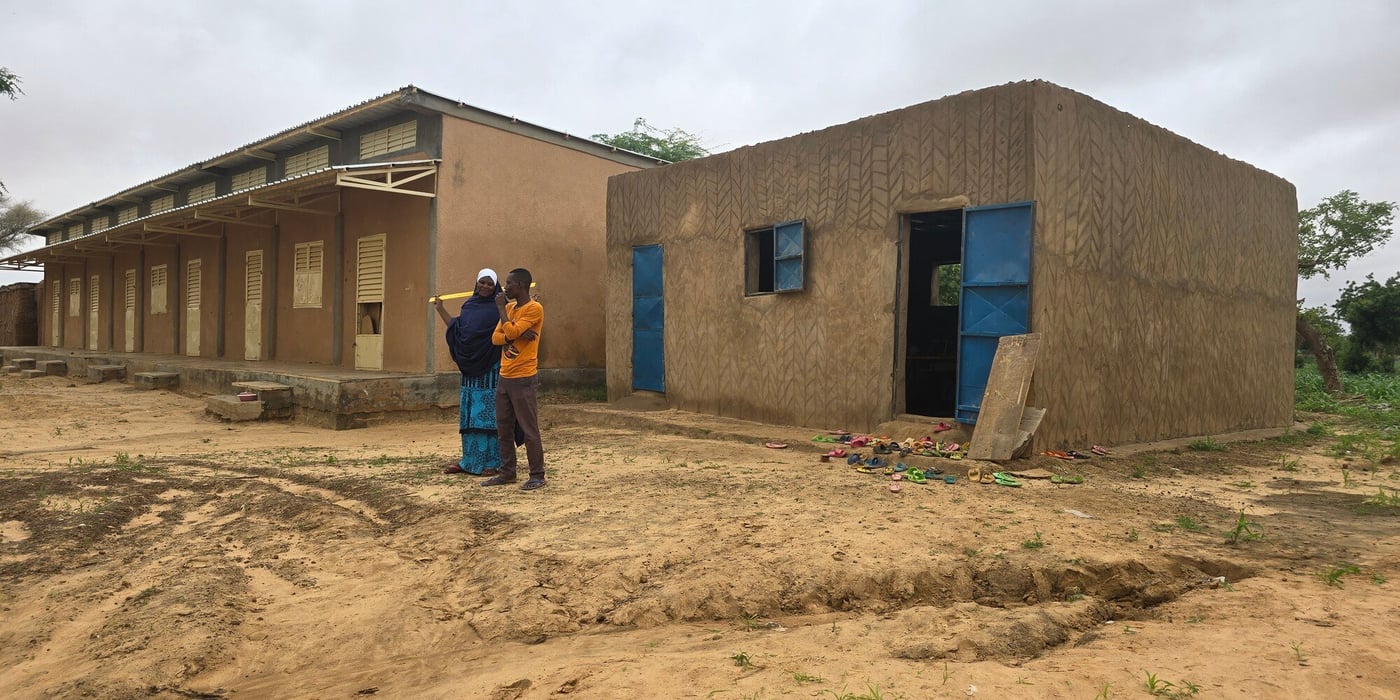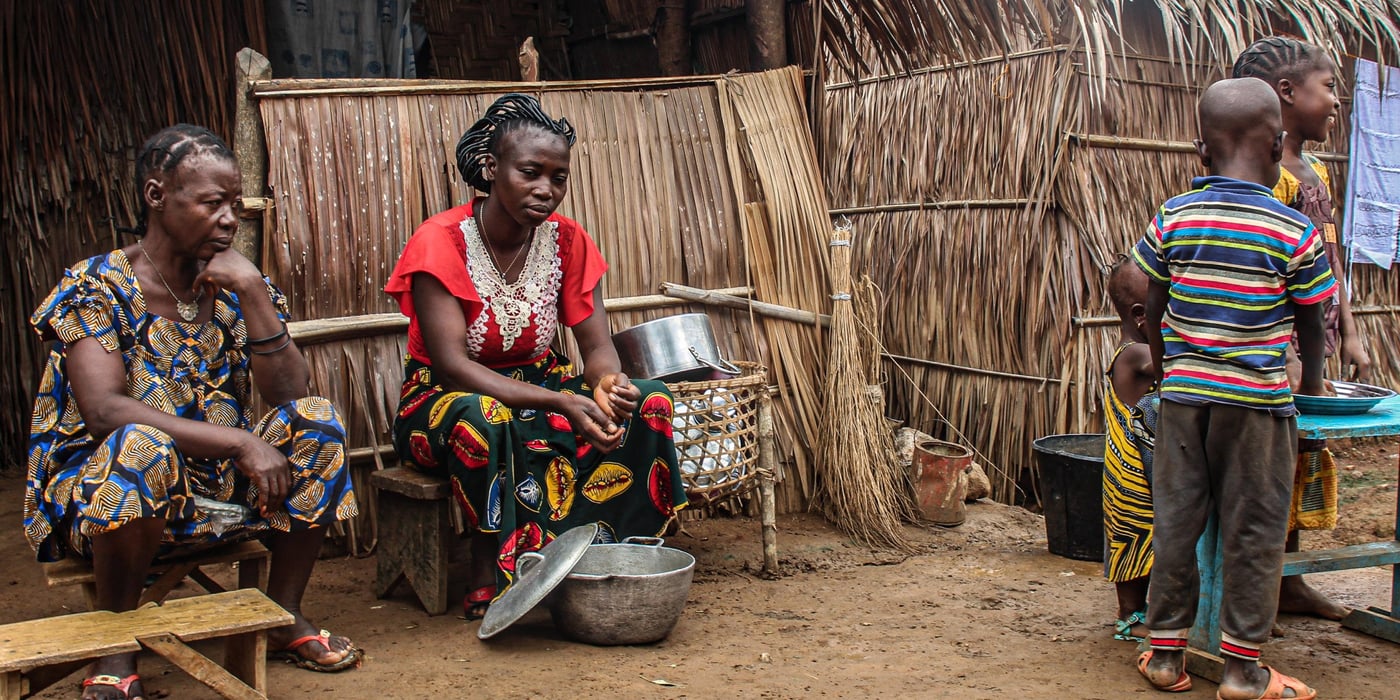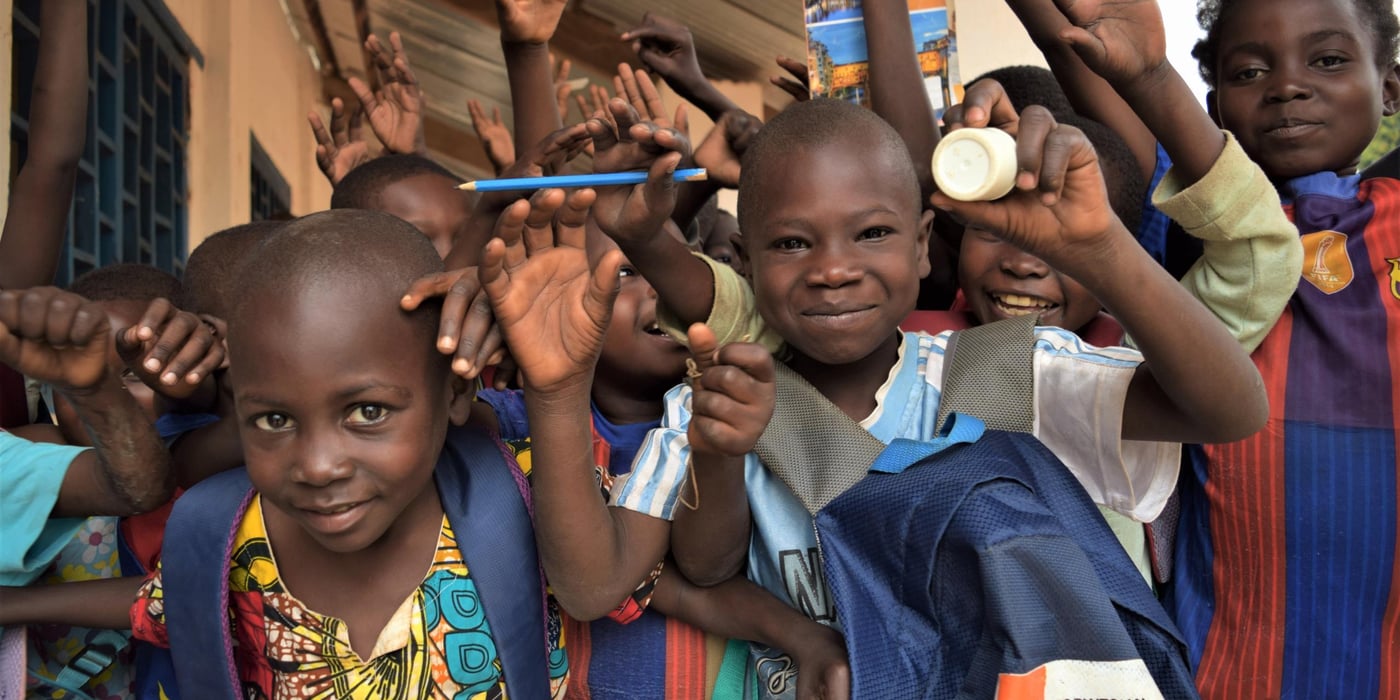
Upon her family’s return to Sibut last year, she missed the time for school registration and the first four months of classes.
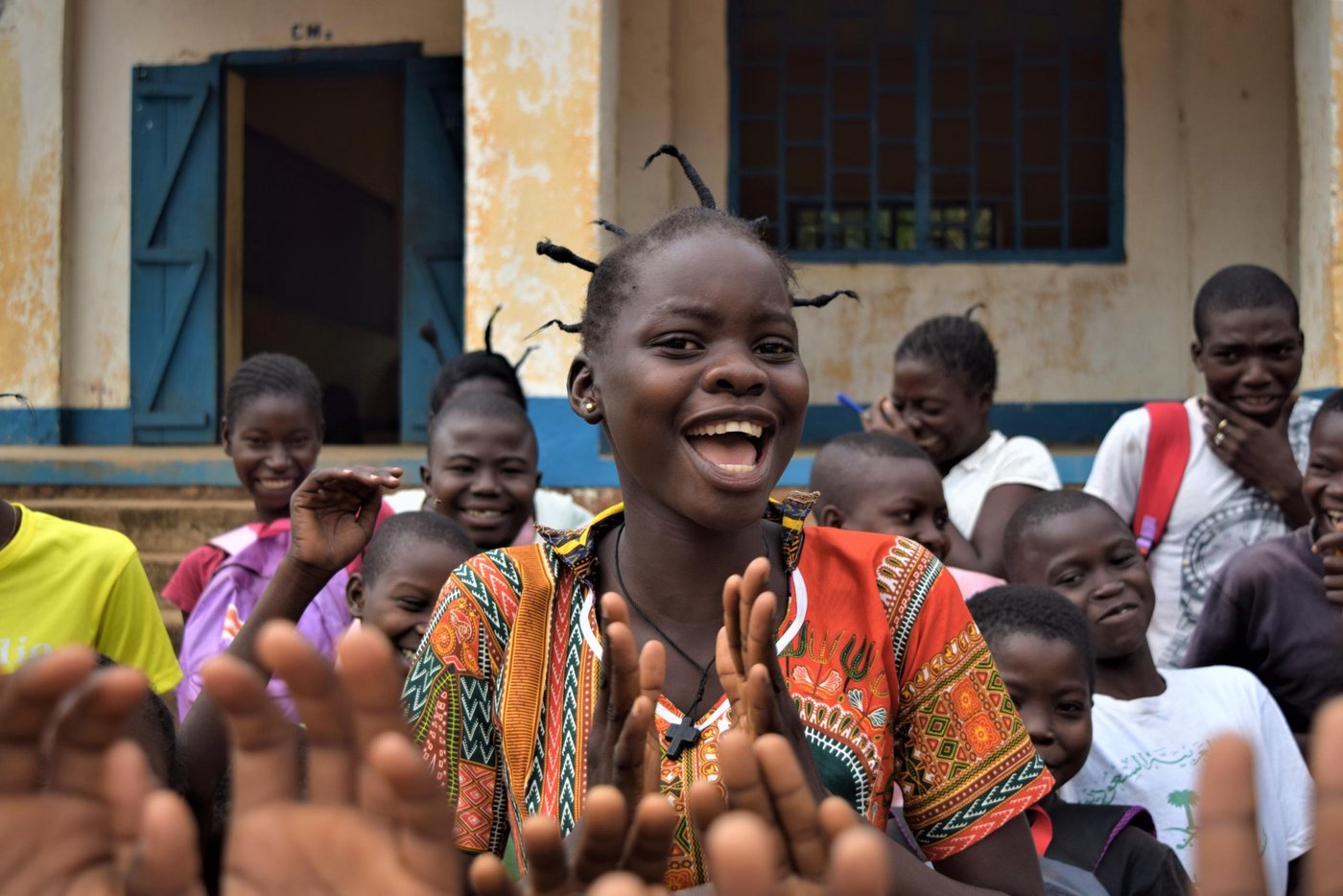
"It was too late to enroll for school. My father didn’t have the money before the start of academic year," she says. In order to get on her classmates’ school level, Edith attended catch-up classes facilitated by the Norwegian Refugee Council (NRC).
A remedy to delays and deficiencies
During the catch-up course, she focused on reinforcing basic grammar and verbs which she always had difficulties with. Edith would like to catch up as soon as possible to join her classmates.
Sooner or later, I'll catch up with my classmates.Boulbena Edith
The NRC remedial course targets displaced children aged 6 to 14 who could not enroll in school at the start of the academic year. The course is designed to accelerate children's learning so they can attain the appropriate level to resume their education while decreasing drop-outs.
Half a million children out of school
The education sector in CAR was already broken before the clashes in 2013. It is now one of the most affected sectors by the crisis. Lack of access to quality education, poverty and recurrent displacement are the main causes of primary school dropout. On average, it is estimated that only 60 per cent of children complete their primary education. School dropouts put children at higher risk of radicalisation, drug trafficking, banditry and recruitment by armed groups.
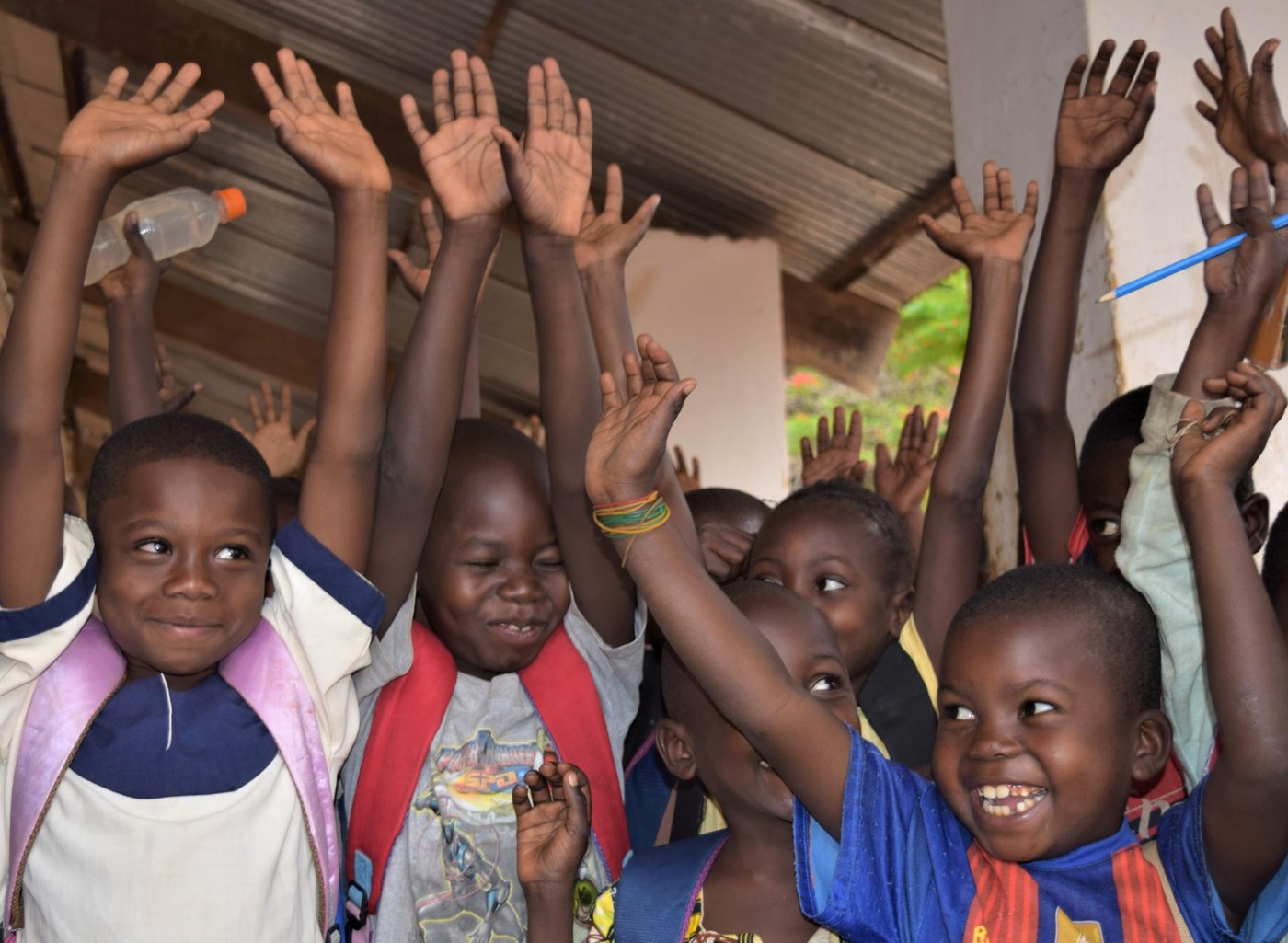
In CAR, we support access to quality education, in particular for girls, by providing school materials and supplies as well as offering training to teachers. Part of our efforts also include the construction of schools and classrooms for displaced children and their host communities.


